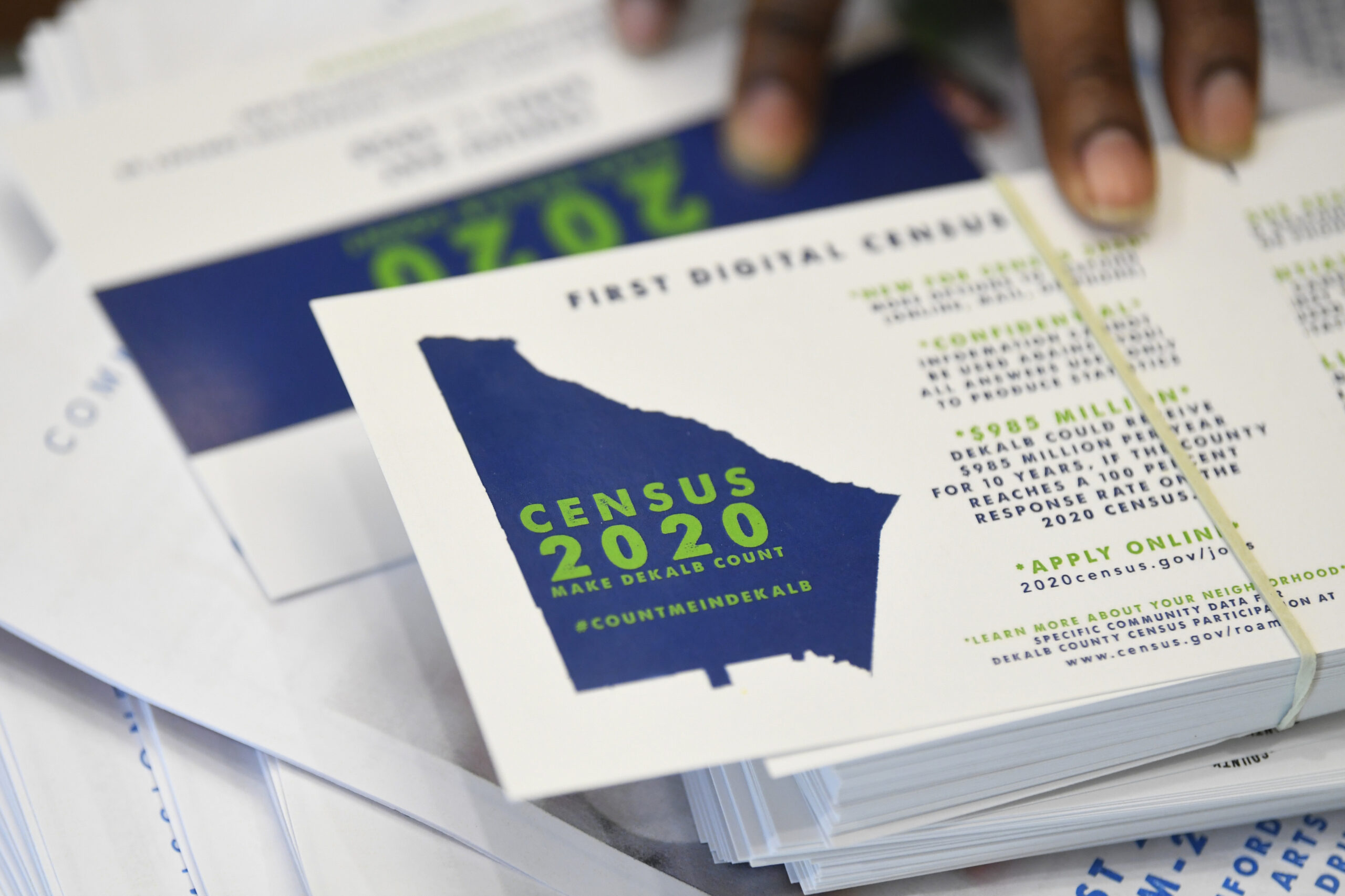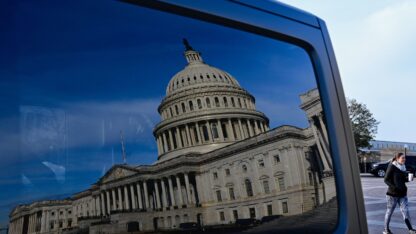Georgia’s population of 10.6 million people makes it one of the largest states in the country. The state’s population grew by more than 100,000 from 2018 to 2019, according to the latest Census estimates. The state’s growing population relates to politics and the 2020 Census.
The Census counts every person living in the United States. The decennial count determines political representation and how federal money is distributed.
After the 2010 Census, Georgia’s population growth led to an increase of one congressional seat.
“An additional congressional seat means an additional vote in the electoral college, which is really important in helping to pick the President of the United States,” said Andra Gillespie, associate professor of political science at Emory University.
Gillespie also said having more members of Congress means more voices advocating for Georgia.
“You want as many Georgians on as many committees as possible so that they are advocating for Georgia interests,” she said.
House committees that Georgia representatives serve on include Transportation and Infrastructure, Armed Services, Judiciary as well as Ways and Means.
Georgia has 14 seats in the U.S. House of Representatives. In comparison, Florida has 27 and Alabama and South Carolina each have 7. California has the most seats, with 53.
The Census determines $675 billion in federal money per year. That includes money for Medicaid, public transit and housing programs. It also distributes money for schools, hospitals and roads.
“Oftentimes, formulas that are done to allocate federal spending are done on population count,” Gillespie said.
Even if Georgia doesn’t gain an additional congressional seat, an accurate Census count is still important, she said.
Some groups most likely to be undercounted include renters, children under 5 years old, non-English speakers and low-income residents.
Rebecca DeHart, CEO of the advocacy organization Fair Count founded by former gubernatorial candidate Stacey Abrams, said the decennial count also matters for local elections.
“You might go into a county who decides their county commissioners based on population,” DeHart said. “How many there are, how big the districts are, where those districts are. School boards are decided on the Census.”
The Census also decides boundaries for where kids are zoned to go to school, she said.
Residents will begin getting mailers about filling out the 2020 Census in March. Households will be able to respond online or by paper questionnaires










